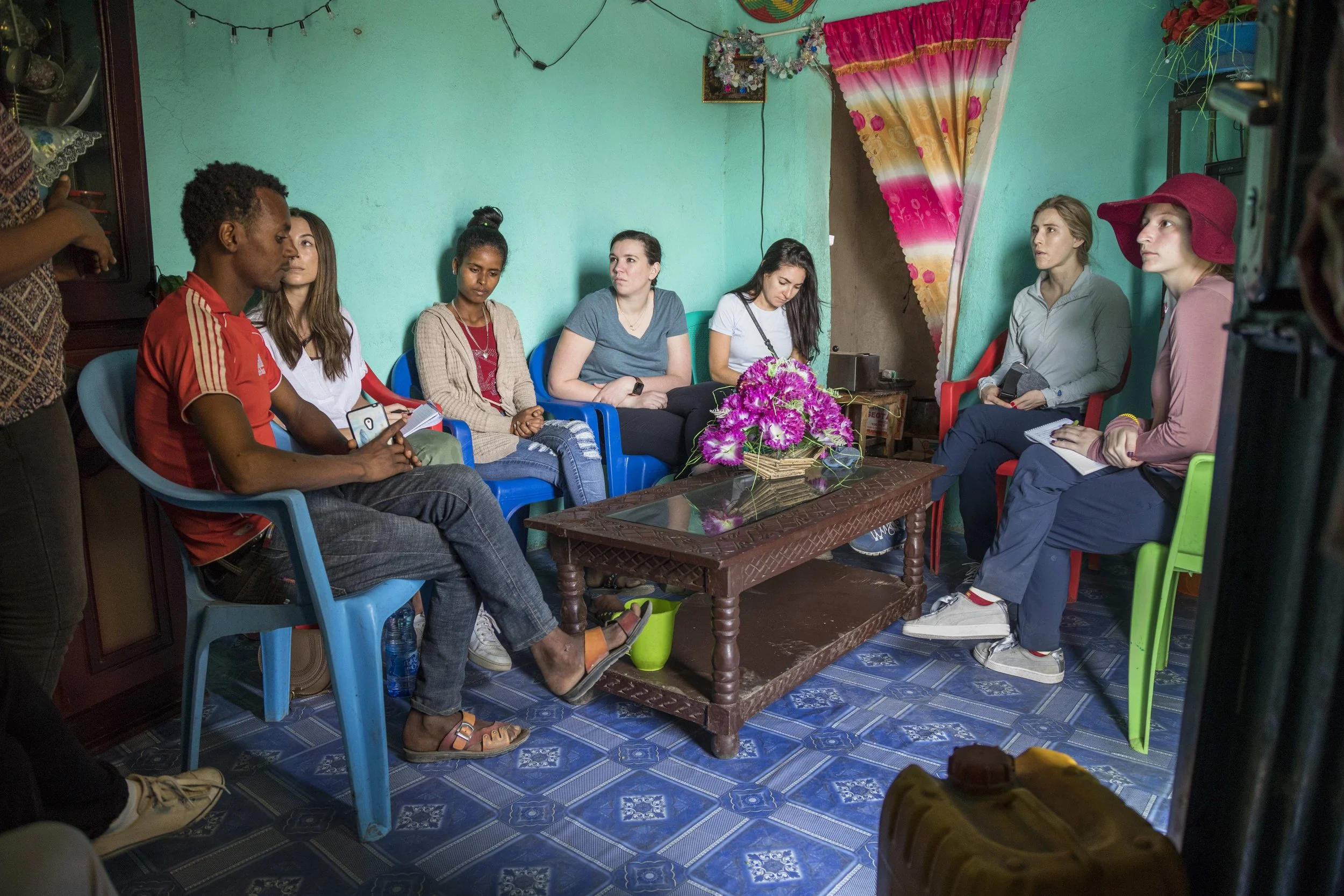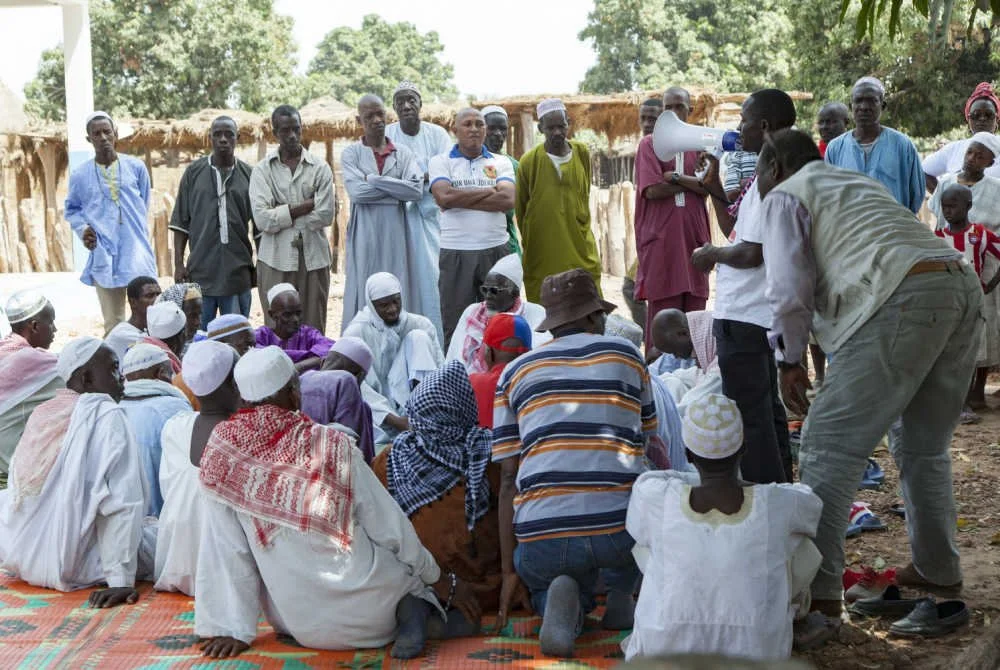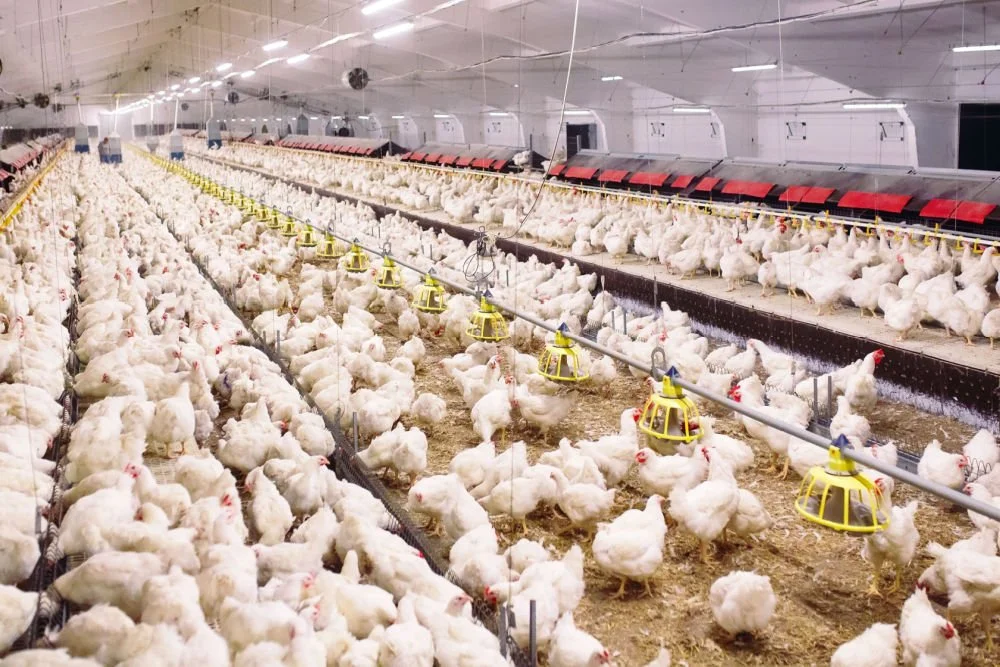It’s the World’s Biggest Health Problem. Who’s Paying Attention to Malnutrition?
/Photo: Juliya Shangarey/shutterstock
Malnutrition—a blanket term covering conditions such as wasting, stunting, obesity and lack of adequate vitamins and minerals—is the world's biggest health problem. Around 2 billion people suffer from some form of malnutrition. While it impacts people of all ages, malnutrition has particularly devastating effects on children, who can suffer permanent cognitive and physical harm. The World Health Organization estimates that 23 percent of all children globally were affected by stunting in 2016. The WHO also says that stunting early in life can have consequences that include "poor cognition and educational performance, low adult wages, lost productivity," and more. Meanwhile, malnutrition is the underlying cause of around 45 percent of deaths for children under the age of five.
So while malnutrition doesn't get the attention of global health problems like malaria and HIV/AIDS, you can see why some top funders would be paying close attention.
The Children’s Investment Fund Foundation (CIFF) is a leader, here. This U.K.-based powerhouse has had malnutrition and severe wasting in its funding crosshairs from the very beginning. Established in 2002 by Chris Hohn and Jaimie Cooper, CIFF has taken a “business-like approach” toward its main objective of improving the lives of poor children living in developing countries. Areas of focus include maternal and child health, adolescent sexual health, nutrition, education, deworming, combating child slavery and exploitation, and climate change.
Malnutrition has been a historic funding frontrunner at the foundation. Along with its regular grantmaking, in 2015, CIFF, along with partners UNICEF and UBS, created the Power of Nutrition Fund with a $1 billion target. The fund is zeroing in on improving childhood nutrition in the first 1,000 days of life, or about three years. That's when the long-term harm inflicted on children can be greatest. CIFF’s $55 million grant helped the Power of Nutrition obtain subsequent financial commitments of around $200 million. The grant was awarded through the foundation’s Survive and Thrive portfolio, which has given over $630 million to programs and projects related to nutrition, health, education and deworming.
The Gates Foundation is the other top private player in this space. Funding toward the global battle against malnutrition has been a bit of an up-and-down journey for this mega-funder. Beginning in 2000, Gates awarded Johns Hopkins University over $31 million to study the relationship between vitamin A and micronutrients to improve childhood and infant mortality in developing countries. In subsequent years, funding in this space sort of fell off for Gates, which at the time, was only awarding around 10 to 15 annual grants dedicated to malnutrition causes.
Fast forward to 2015, the year the Gates Foundation announced a $776 million commitment to improve health and nutrition around the world. Gates is spreading the funding over six years. That $776 million pledge also unlocked an additional $180 million from the Department for International Development (DfID). One year later, Gates partnered up with one of Africa’s wealthiest men, Aliko Dangote, for a $100 million plan to reduce malnutrition in Nigeria.
That country is one of Africa’s most populous, and has a fast-growing economy, but it also has the highest number of malnourished children in Africa, at around 11 million kids affected. Nigeria is Aliko Dangote’s home country, and with a net worth of around $14.4 billion, Dangote isn’t finished helping Nigerian children get healthy just yet, having made a huge announcement at the 2017 Global Nutrition Summit, which took place earlier this month in Milan.
At the summit, Aliko Dangote announced his own new $100 million commitment to reduce the prevalence of malnutrition in Nigeria. The foundation is spreading out the investment over five years and funding will focus on regions of the country where the need is most acute, particularly in northeast and northwest Nigeria.
Dangote's big move underscores the rise of more indigenous big philanthropy in poorer regions of the world. Africa now has 25 billionaires; India has around 100. China has over 300. As more of these wealthy individuals turn to philanthropy, we can expect more large-scale local giving focused on malnutrition and other global health and development issues. In fact, Tata Trusts, the Indian philanthropy, also announced a $50 million commitment at the summit.
Another private funder that announced a $100 million commitment at the summit was the U.S.-based Eleanor Crook Foundation, which was started by the family behind Texas grocery company H-E-B, and which is focused on eradicating global hunger. That commitment extends through 2030, backing "research, capacity building, and advocacy for global nutrition," according to the foundation. The funder said that its commitment will unlock an additional $50 million in matched funding for nutrition from DfID. Finally, the Family Larsson Rosenquist Foundation, a Swiss funder dedicated to promoting breastfeeding, announced a $100 million commitment at the summit, as well.
The 2017 Global Nutrition Summit was held in collaboration with a number of key stakeholders including DfID, the World Health Organization, the Food and Agriculture Organization, the Bill & Melinda Gates Foundation and the International Coalition on Advocacy for Nutrition.
Related:







































